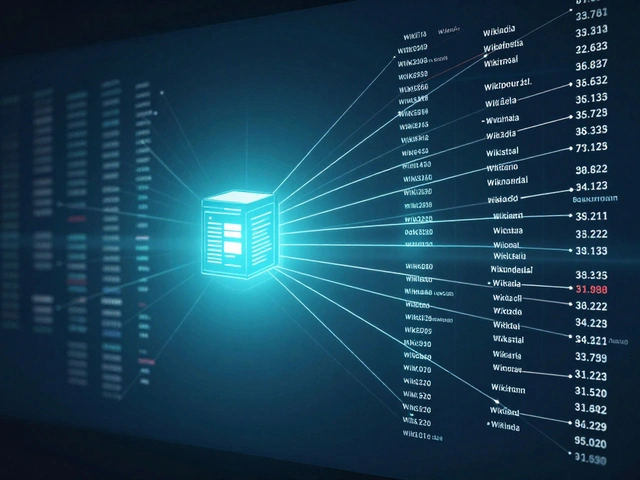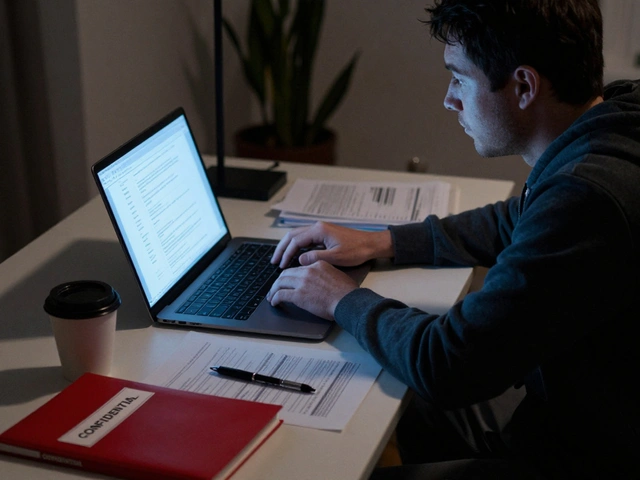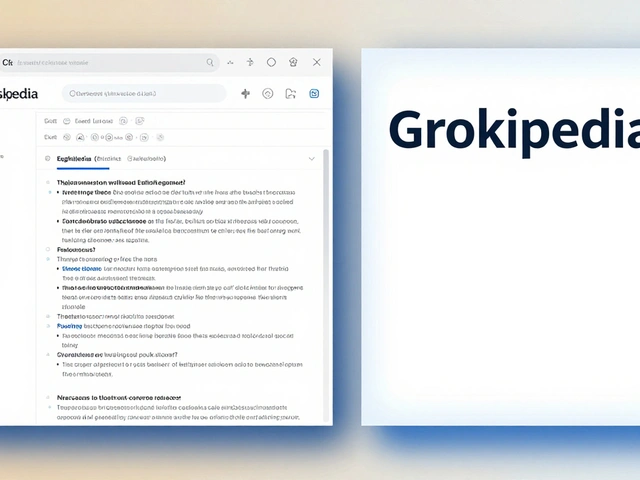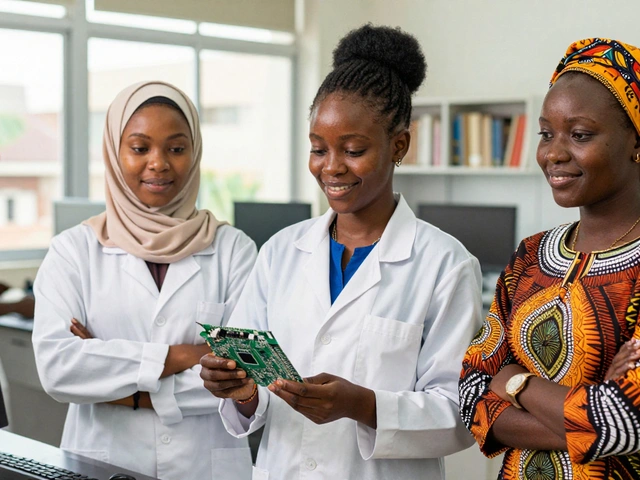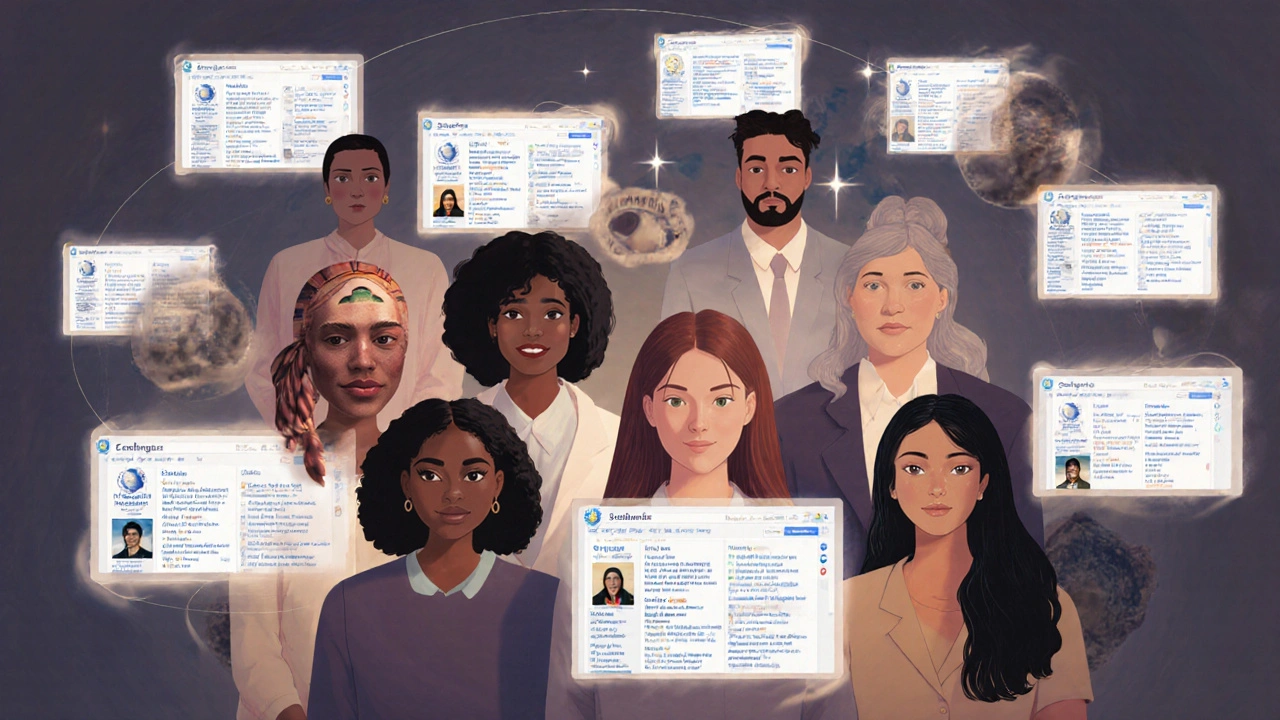
Wikipedia is one of the most visited websites in the world. Over 2 billion people use it every month to find information on everything from quantum physics to local history. But behind that massive reach is a quiet problem: the content isn’t always fair. Many topics are missing, underrepresented, or written from a narrow perspective. That’s not because editors are malicious-it’s because the people writing Wikipedia articles don’t reflect the world they’re describing.
Why Bias Shows Up in Wikipedia Articles
Wikipedia doesn’t have professional fact-checkers or assigned writers. It’s run by volunteers. And those volunteers? Most are men, mostly from North America and Western Europe, and many are tech-savvy and English-speaking. That means topics that matter to women, people of color, Indigenous communities, or Global South nations often get ignored-or written with gaps.
For example, a 2020 study found that only 19% of English Wikipedia biographies were about women. Articles on African history were more likely to be poorly sourced or written in a colonial tone. Articles on LGBTQ+ figures often lacked depth or were flagged for neutrality, even when the information was well-documented. These aren’t accidents. They’re systemic.
When a topic doesn’t have enough editors who care about it, it doesn’t get updated. When editors don’t understand a culture’s context, they misrepresent it. And when a group’s knowledge isn’t seen as "valid" by the dominant editing community, it gets erased. That’s not just incomplete-it’s harmful.
What Are Wikipedia Task Forces?
Task forces are volunteer-led groups formed to fix specific gaps in Wikipedia’s content. They’re not official departments. They’re grassroots teams of editors who come together around a shared goal: make coverage better, fairer, and more complete.
Some task forces focus on gender equity, like WikiProject Women in Red, which works to create biographies for notable women who are missing from Wikipedia. Others focus on geography, like WikiProject Africa, which helps improve articles about African history, science, and culture. There are task forces for Indigenous knowledge, disability rights, and even regional dialects of English.
These groups don’t just write articles. They train new editors, host edit-a-thons, build citation libraries, and reach out to communities to gather sources that aren’t online yet. They know that if you want to fix bias, you can’t just edit-you have to invite people in.
How Task Forces Actually Reduce Bias
Task forces work in three main ways: by adding missing voices, correcting harmful language, and changing how quality is judged.
First, they fill gaps. For instance, WikiProject Women in Red has created over 200,000 new biographies since 2015. Many of these were about scientists, artists, and activists who had been overlooked by mainstream media. Without the task force, those articles wouldn’t exist-or would be written by someone who didn’t understand their significance.
Second, they rewrite biased language. An article on colonialism might have once said, “The British brought civilization to India.” A task force member might change that to: “British colonial rule imposed political control and economic extraction, disrupting existing systems of governance and trade.” The facts are the same. The framing is different-and more accurate.
Third, they challenge Wikipedia’s own standards. The site’s “notability” policy requires sources from “reliable publications.” But what counts as reliable? Often, it’s Western newspapers or academic journals that don’t cover non-Western voices. Task forces have pushed to accept local newspapers, oral histories, community archives, and even peer-reviewed journals from Global South institutions as valid sources. That shift has allowed hundreds of articles to be saved from deletion.
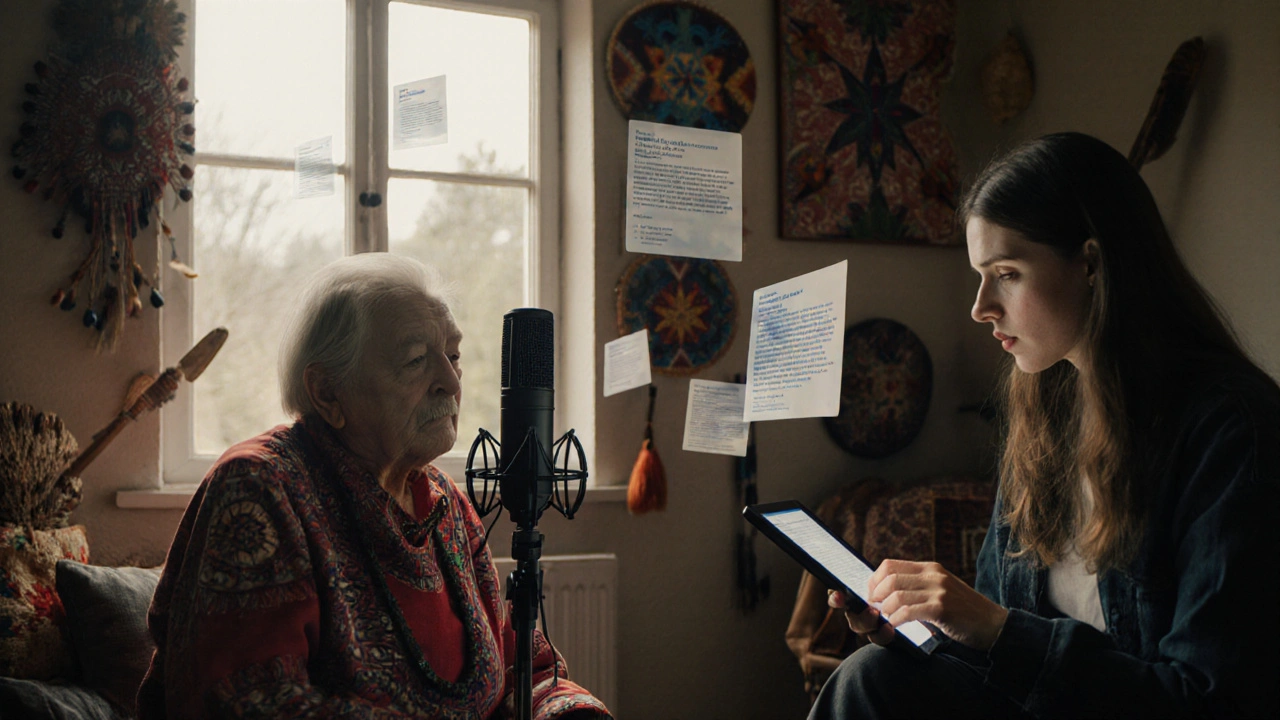
Real Impact: Stories from the Front Lines
In 2023, a group of Indigenous editors from Canada and the U.S. formed a task force to improve Wikipedia’s coverage of Native American languages. Many of these languages have fewer than 100 speakers left. Traditional encyclopedias ignored them. Wikipedia had only short, poorly sourced stubs.
The task force reached out to tribal elders, recorded oral histories, and worked with linguists to create detailed, properly sourced articles in both English and the original languages. They didn’t just add content-they built a bridge between academic knowledge and community knowledge. Today, over 80 Indigenous language articles exist on Wikipedia, many with audio pronunciations and cultural context.
Another example: in Nigeria, a team of university students started a task force to fix articles about Nigerian history. They found that most entries relied on outdated British textbooks. They replaced them with sources from Nigerian universities, local archives, and interviews with historians. The result? Articles that reflect Nigeria’s own understanding of its past-not the colonial lens.
Challenges Task Forces Face
It’s not easy. Task forces often run on volunteer time, with no funding. Many editors face resistance from veteran users who see their edits as “political” or “agenda-driven.”
Wikipedia’s culture values neutrality-but neutrality doesn’t mean ignoring power imbalances. If every source about a topic comes from one perspective, repeating it doesn’t make it fair. Task forces have to fight the idea that “just the facts” are enough. They argue: facts need context.
Some task forces are also blocked by technical barriers. Many contributors don’t know how to use Wikipedia’s editing tools. Others can’t access reliable internet. Some communities don’t trust Wikipedia because of past misrepresentations.
And yet, they keep going. Because they’ve seen what happens when bias goes unchecked: a student in rural Kenya learns that her country’s greatest inventors aren’t on Wikipedia. A young girl in Brazil searches for information about Afro-Brazilian leaders and finds nothing. That’s not neutrality. That’s erasure.
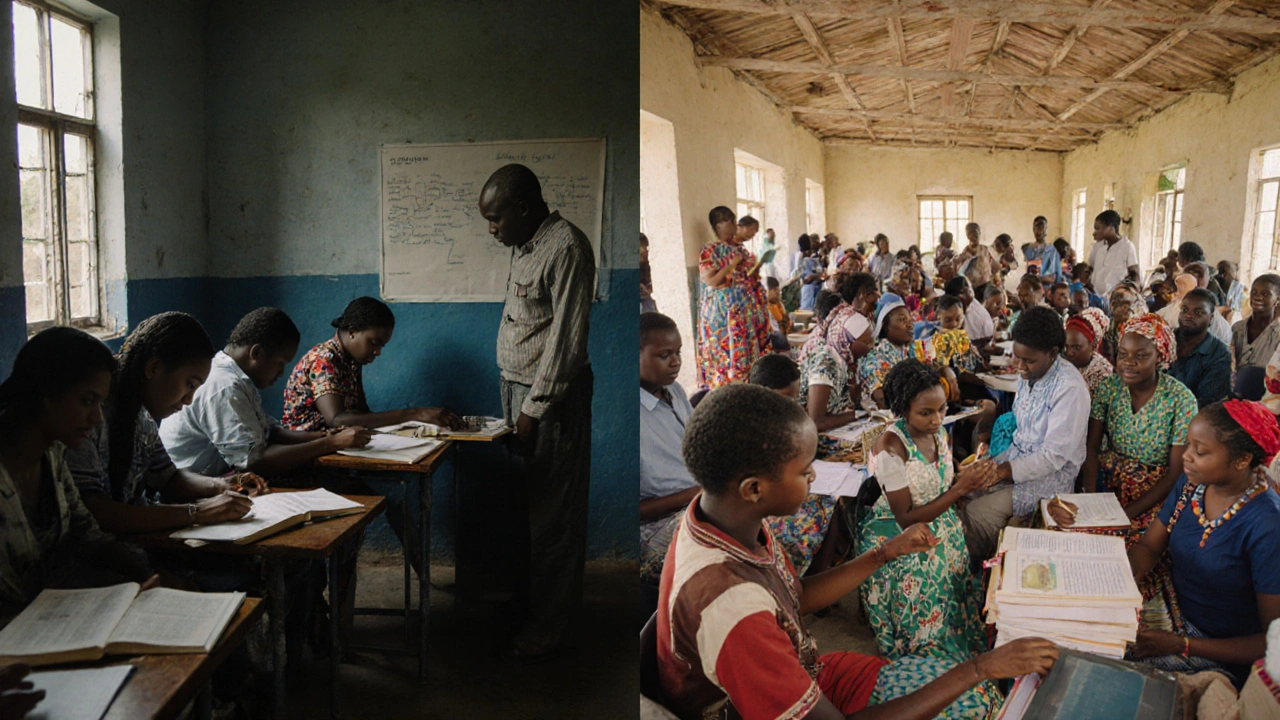
How You Can Help
You don’t need to be an expert to help reduce bias on Wikipedia. You just need to care.
- Find a task force that matches your interest-gender, race, region, language, disability-and join.
- Start by adding one missing citation to an article. Even a single reliable source can save a page from deletion.
- Use the “Edit” button on any article that feels incomplete or one-sided. Ask yourself: whose voice is missing here?
- If you’re part of a community that’s underrepresented, share your knowledge. Record an interview. Write a short article. Upload a photo with proper permission.
- Encourage others to edit. Host an edit-a-thon at your school, library, or community center.
Wikipedia’s strength has always been its openness. But openness without inclusion just repeats the same mistakes. Task forces are turning that around-one edit at a time.
The Bigger Picture
Wikipedia isn’t just a website. It’s the modern encyclopedia-and encyclopedias shape how societies understand truth. If Wikipedia continues to reflect only the perspectives of a few, then the world’s collective knowledge becomes distorted.
Task forces are the counterweight. They’re proof that change is possible when people come together to fix what’s broken. They’re not perfect. They’re not always fast. But they’re persistent. And they’re changing what it means for knowledge to be “reliable.”
The goal isn’t to make Wikipedia perfect. It’s to make it more honest. More complete. More like the world we actually live in.
What are Wikipedia task forces?
Wikipedia task forces are volunteer-led groups of editors who focus on improving coverage of underrepresented topics. They create new articles, correct biased language, and advocate for more inclusive sourcing standards. Examples include WikiProject Women in Red and WikiProject Africa.
How do task forces reduce systemic bias?
They add missing voices by creating articles on overlooked people and topics, rewrite harmful or colonial language, and push Wikipedia to accept non-Western sources as valid. This changes not just what’s written, but how quality is defined.
Can anyone join a Wikipedia task force?
Yes. Anyone with a Wikipedia account can join a task force. No prior experience is needed. Many task forces offer beginner guides and mentorship. You can start by editing one article or attending an online edit-a-thon.
Why don’t Wikipedia’s official policies fix bias?
Wikipedia’s policies like “neutral point of view” assume all perspectives are equally valid. But when sources themselves are biased, repeating them doesn’t create fairness. Task forces challenge this by introducing context, community knowledge, and underrepresented sources that official policies often overlook.
How successful have task forces been?
Task forces have created over 500,000 new articles since 2010. WikiProject Women in Red alone added 200,000+ biographies of women. Indigenous language articles, African history entries, and LGBTQ+ topics have seen dramatic improvements in depth and accuracy thanks to these groups.
If you’ve ever looked up a topic on Wikipedia and felt like something was missing-you’re not imagining it. Task forces are working to fix that. And they need more people to join.
